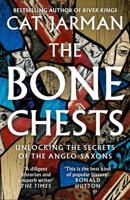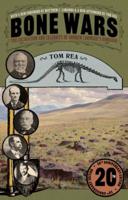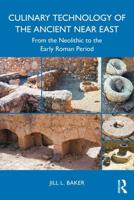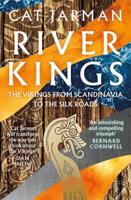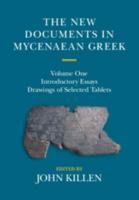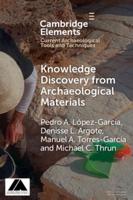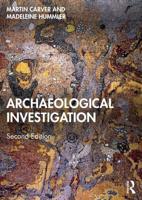Publisher's Synopsis
Excerpt from Transactions of the Lancashire and Cheshire Antiquarian Society, 1884, Vol. 2
Most of the perforated stone hammers found in this district probably are not of earlier date than the age of bronze. That they were used in the bronze age is proved by the discovery of a stone hammer along with bronze articles at Winwick.
The third and the last phase of pre-historic civilization pre-historic iron age - has left but scant traces in the archaeological literature of this district. The discovery however of a bronze late Celtic torque at Mow Road, Rochdale, proves that it was not altogether unknown and there can be no reasonable doubt that the same degree of civilization, marked by the remains discovered in Yorkshire, extended also over the Lancashire and Cheshire plain, and that when the Roman legions arrived on the banks of the Dee, and took possession of the valley of the Ribble, the plain of Lancashire and Cheshire presented a very different aspect to that Virgin forest into which the neolithic hunter first penetrated in search of game in the beginning of the pre-historic age.
The date of the submergence of the low-lying portions of the forest beneath the sea 15 unknown. It probably took place before the introduction of bronze into this country.
About the Publisher
Forgotten Books publishes hundreds of thousands of rare and classic books. Find more at www.forgottenbooks.com
This book is a reproduction of an important historical work. Forgotten Books uses state-of-the-art technology to digitally reconstruct the work, preserving the original format whilst repairing imperfections present in the aged copy. In rare cases, an imperfection in the original, such as a blemish or missing page, may be replicated in our edition. We do, however, repair the vast majority of imperfections successfully; any imperfections that remain are intentionally left to preserve the state of such historical works.

